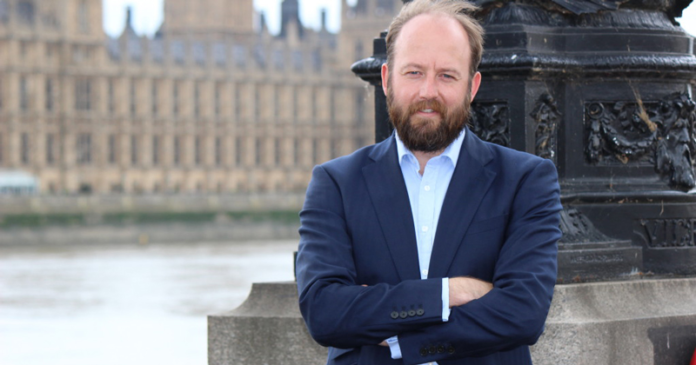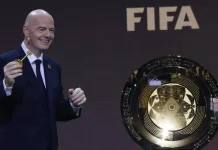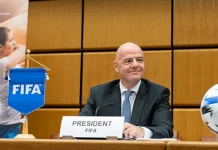In this morning’s Telegraph, former Government advisor, Nick Timothy, bemoans the politicisation of the game of football.
He highlights how players from Chelsea and Leicester took the knee before the kick-off of this weekend’s FA Cup, how two victorious Leicester City players unfurled a Palestinian flag after the game and how Marcus Rashford championed free school meals for poor kids.
Other examples listed include Mesut Özil, a former Arsenal player, who found himself at the centre of a row after he criticised the Chinese Government for locking up a reported one million Uighur Muslims. China responded by having Özil removed from a Chinese version of a football video game and blocking the broadcast of Arsenal’s next fixture on Chinese television. Arsenal responded by claiming it was “apolitical” and reprimanded Özil. And former footballer and BBC television presenter, Gary Lineker, who, while supporting several “progressive” causes, is under investigation by the tax authorities for millions in unpaid taxes.
Finally, he turns his attention to the football World Cup, which, I am sure I don’t need to say, will be held in Qatar next. After criticising the manner in which the championship was awarded, he goes on to repeat a number of politically motivated lines about what is happening in Qatar.
Yet, I doubt Nick has been there himself or has read the reports from the International Labour Organisation or other NGOs, including Amnesty, that have been working in Qatar to encourage improvements in working conditions and monitor them about the considerable strides forward that have been made in a such a short time.
Don’t get me wrong, working conditions can be harsh and challenging, after all, this is construction work, not sitting around in a nice air-conditioned office, but it’s lazy journalism to simply trumpet lines about worker deaths without looking at the data.
As I previously wrote on this website, a couple of national newspapers claimed that 6,500 migrant workers had died in Qatar over the last decade. This fact was then cleverly spun to create the impression that these were ALL linked to the construction of the World Cup venues and associated facilities.
As I explained, the picture is actually very different. Firstly, the 6,500 figure: this figure covers a decade and comes from a total cohort of around 1.3 million migrant workers, covering just five nations, many of whom do not and have not worked on building the World Cup venues or associated facilities, and includes deaths from natural causes, car accidents and so forth.
Even so, using this figure, we get an annualised mortality rate of roughly 50 per 100,000. Comparing this to the regional average for migrant workers, we find significantly lower mortality in Qatar. Indeed, according to the Brussels based think-tank Euroscope, the regional average is around 85 per 100,000.
Not only is this figure lower than the regional average, but it is also lower than that of Qatari citizens working in the same sector – a fact that went unreported – but this too is unsurprising, because, if you drill down into the figures, migrant workers tend to be young and healthy, so you would expect a lower mortality rate.
I could have equally pointed to the 38 tragic deaths at the World Cup construction sites. Sounds terrible, but in the financial year 2019/20, the UK Health and Safety Executive reported on 40 fatal injuries to construction workers and four to members of the public.
So, just repeating a line that seems to have been designed to damage the World Cups Hosts also seems political, if not more than a little cynical.
And we should not be surprised by this, after all, we are talking about a multi-billion-pound industry, no longer a game but a business, where the wishes of the fans can be overridden or ignored, where owners can have little or no interest in their club, except profitability, and where countries see hosting successful events such as the World Cup finals as a source of national pride.
As much as I would like football to be devoid of politics, I really would, the reality is that when you are dealing with the amount of money involved in the modern game and international prestige, this simply is impossible, and the recent innovation of individual players getting in on the act, wholly predictable.













